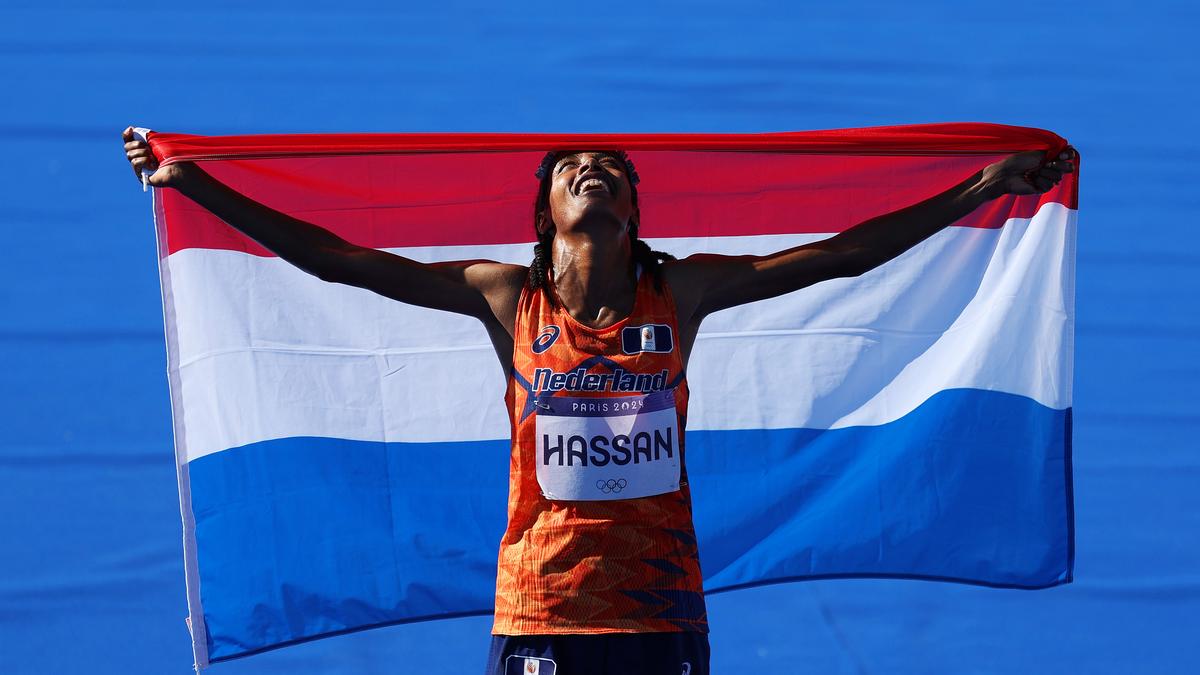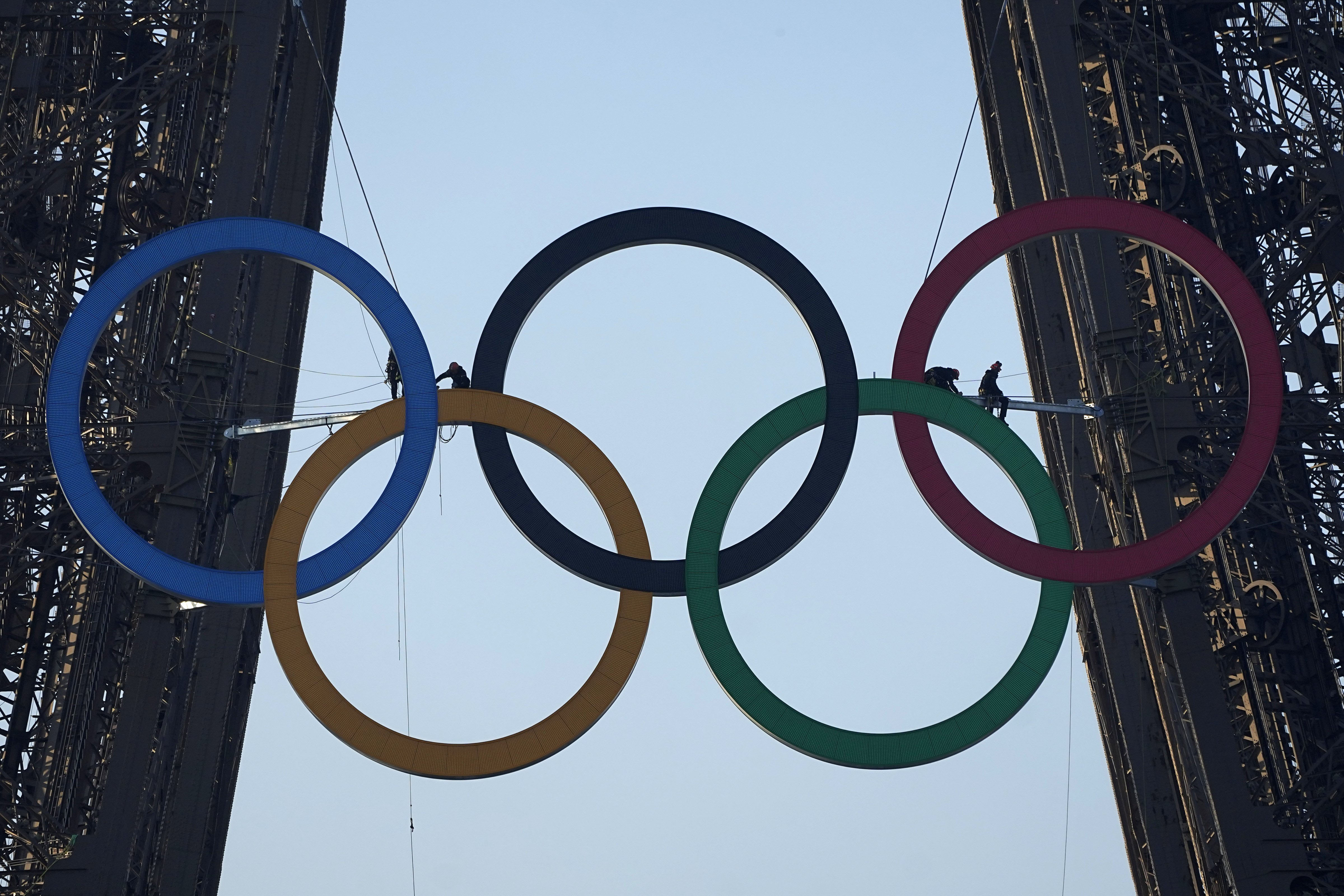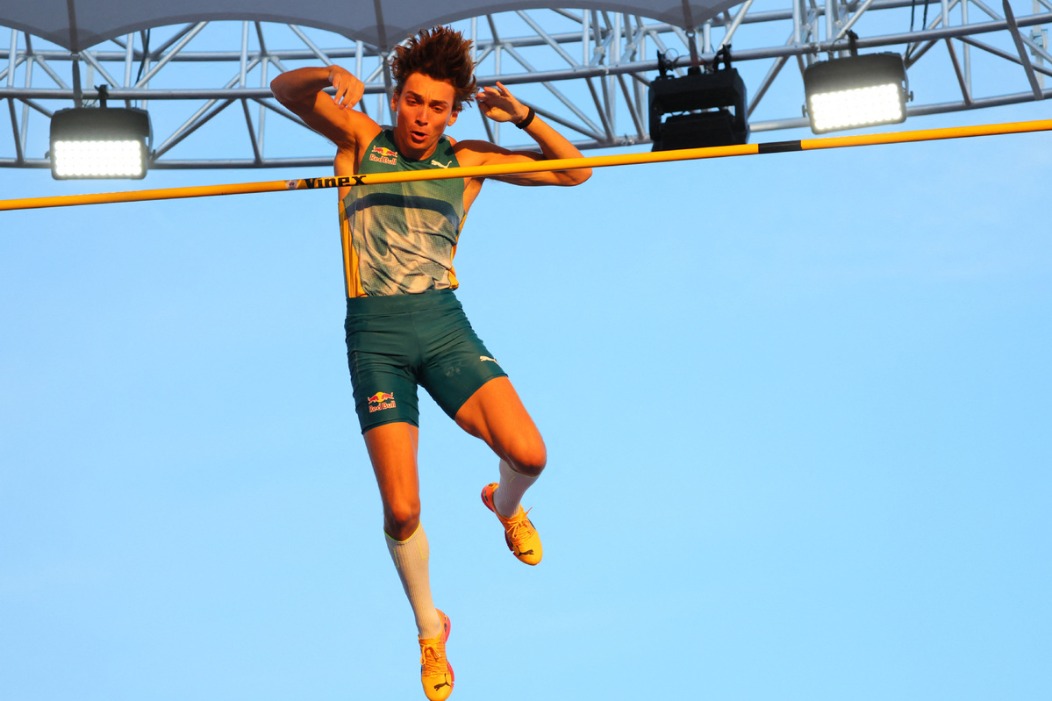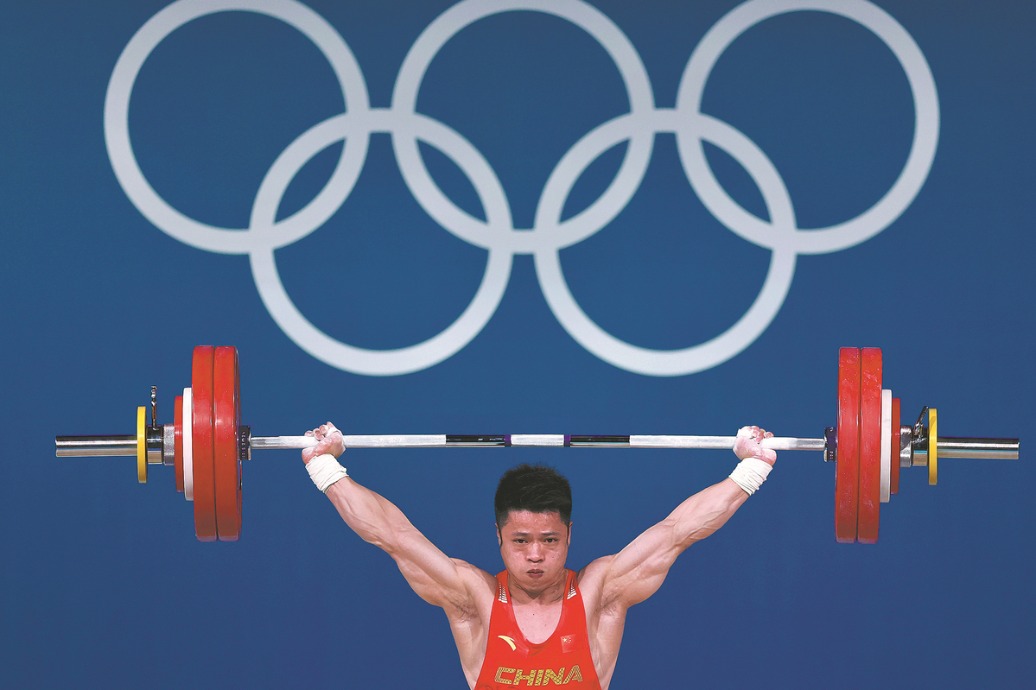
Olympic success or failure can hinge on the snap of a finger, a tiny wobble or even a gust of wind
Associated PressEditor’s note: Fractions of a second or a slight misstep during the Olympics can alter the career, the legacy and the earning potential of athletes. But I made some dumb mental mistakes.” Conley’s story serves as one of hundreds of examples of how the most minute details can change not only the result of a single race or contest, but also can have a huge impact on the lives of athletes whose make-or-break moments — their chance for a Wheaties box or a six-figure endorsement — come only once every four years, or sometimes only once in a lifetime. “There’s a lot of money on the line when you’re competing in an Olympics,” said Nevin Harrison, a gold medalist in canoe three years ago in Tokyo. Justin Gatlin of the US, right, crosses the line head of Portugal’s Francis Obikwelu, center, and Maurice Greene, of the US, left, to win the gold medal in the 100 meters at the 2004 Olympic Games at the Olympic Stadium in Athens, Aug. 22, 2004. “As you train and prepare and strategize, you have to make sure you are realizing that these hundredths of a second, something that’s quicker than a snap of a finger, can really change the trajectory of your career and your legacy, as well.” More than a decade later, in 2015, Gatlin was closer to the end of his career and Bolt was a six-time Olympic gold medalist when they met at world championships in a race that would dictate the conversation leading into the next year’s Olympics.
History of this topic

Best of the 2024 Paris Olympics: Our staff picks for the Games’ superlative moments
New York TimesParis 2024 Olympics: Fast-finishing Hall takes 400m gold for US
The HinduParis Olympics: Nicola Olyslagers wins silver and Eleanor Patterson bronze in the high jump, Noah Lyles claims 100m sprint gold, Meg Harris wins swimming silver, Jess Fox out of kayak cross, as it hap
ABC)
Athens Olympics gold medallist and dope tainted American sprinter Justin Gatlin retires
FirstpostDiscover Related









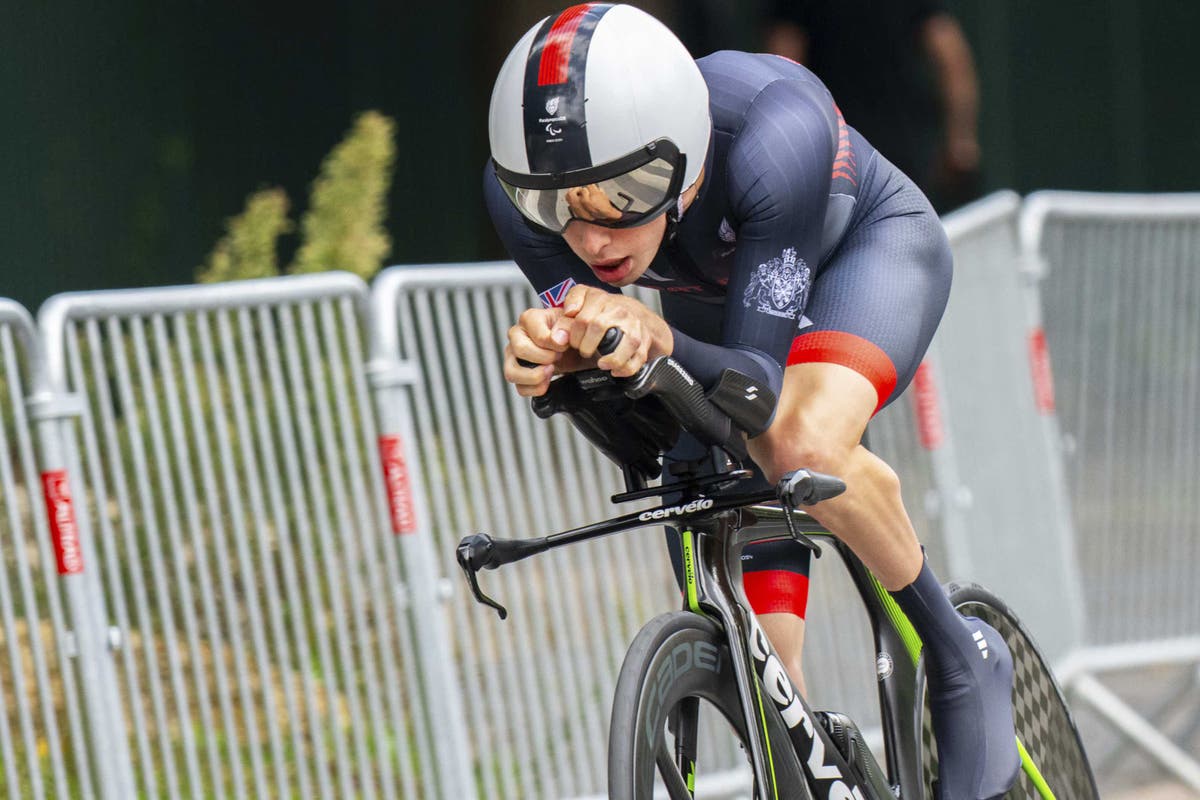
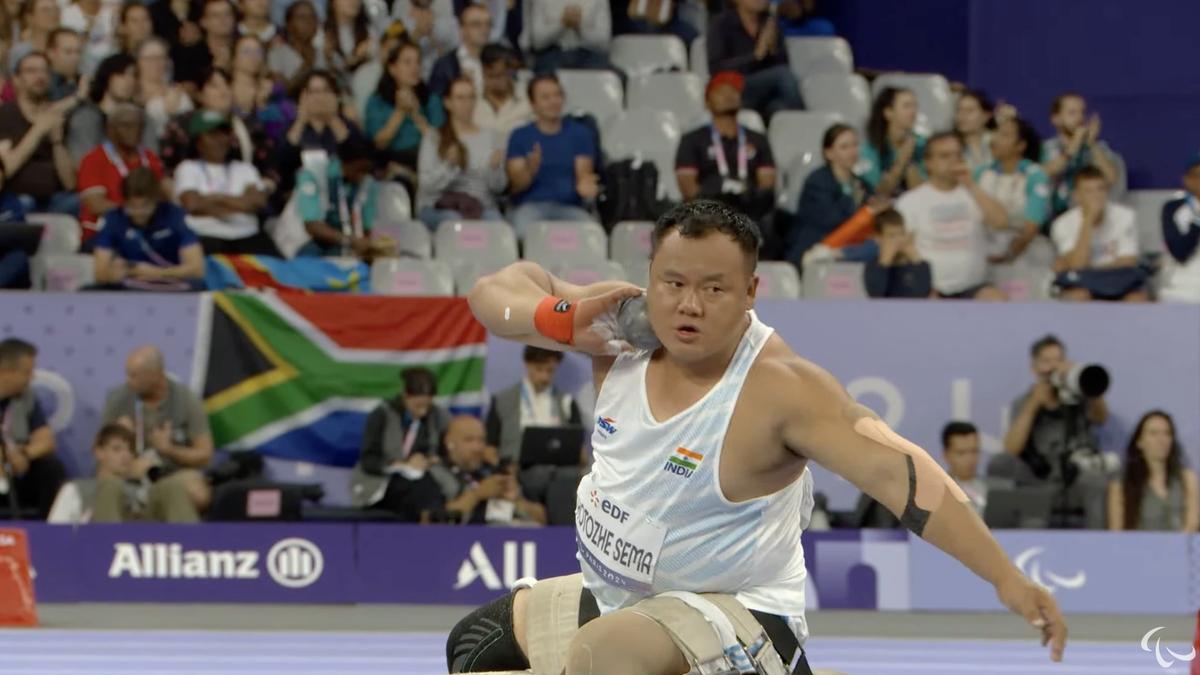



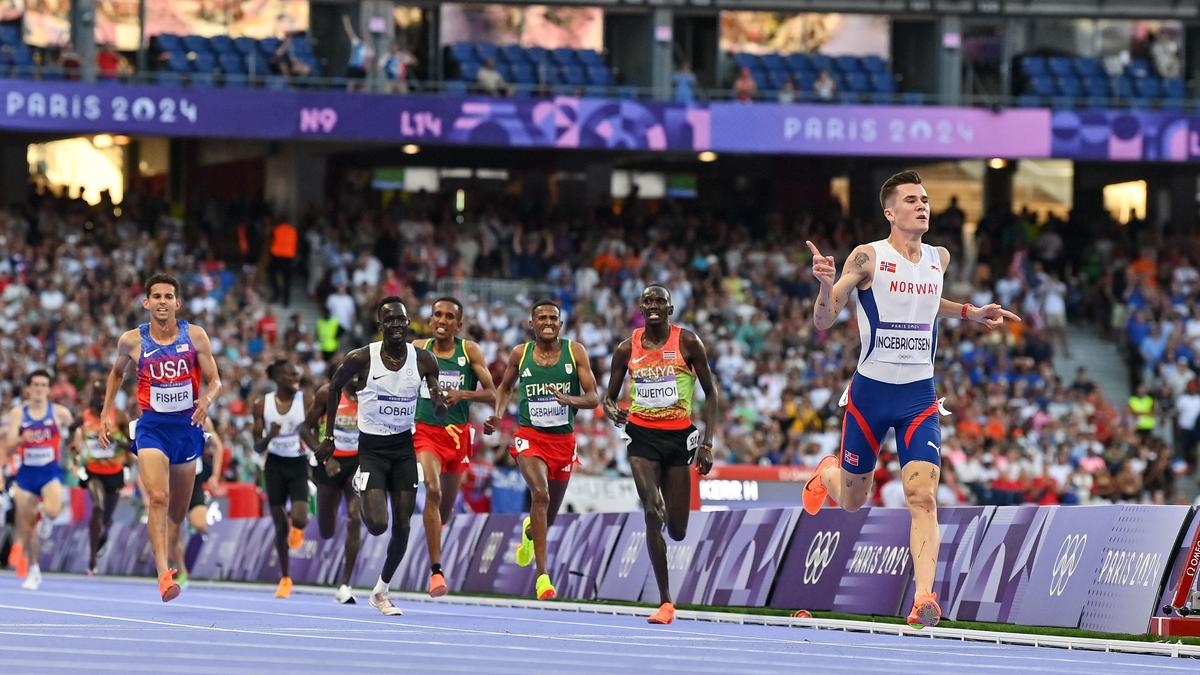

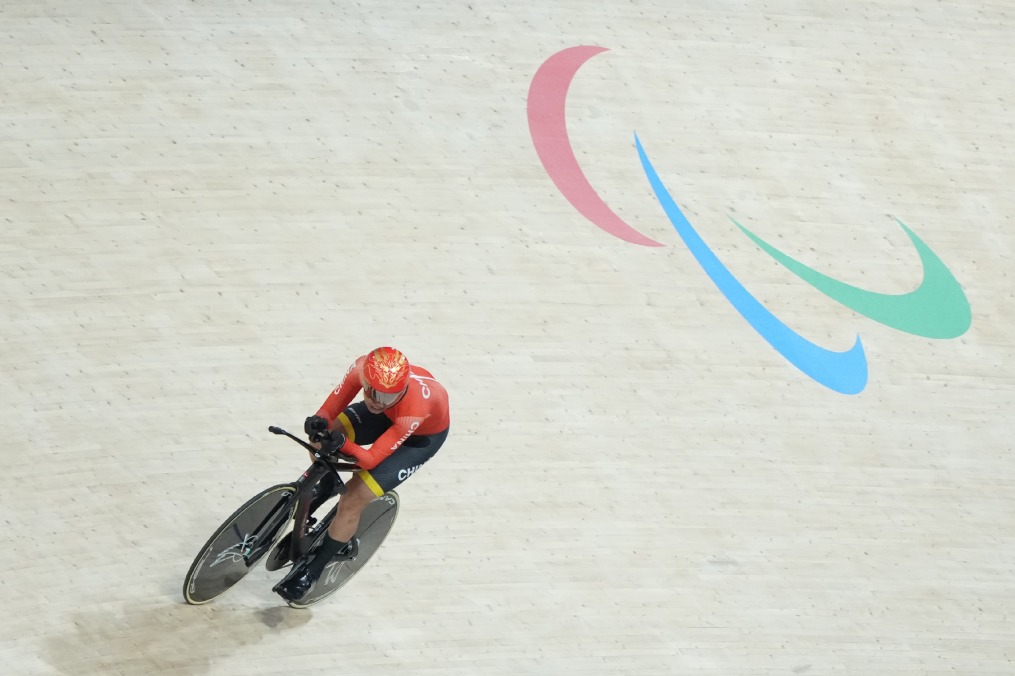







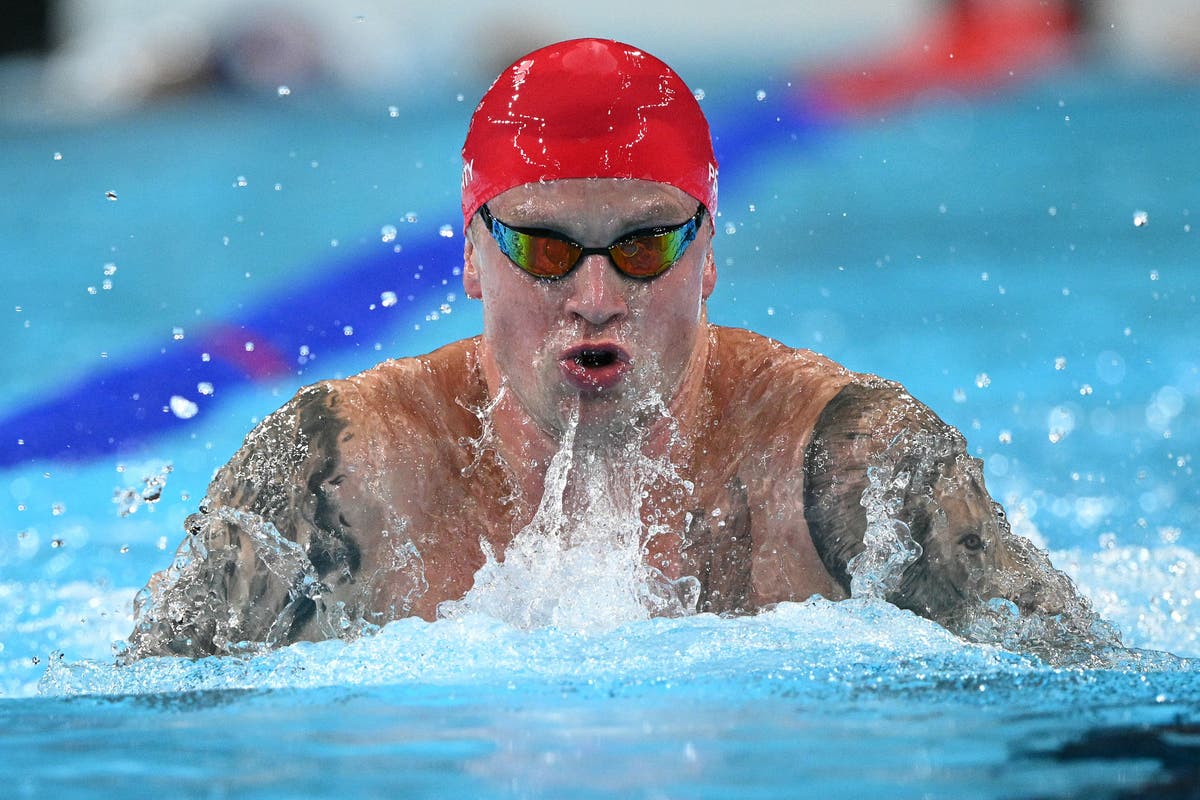

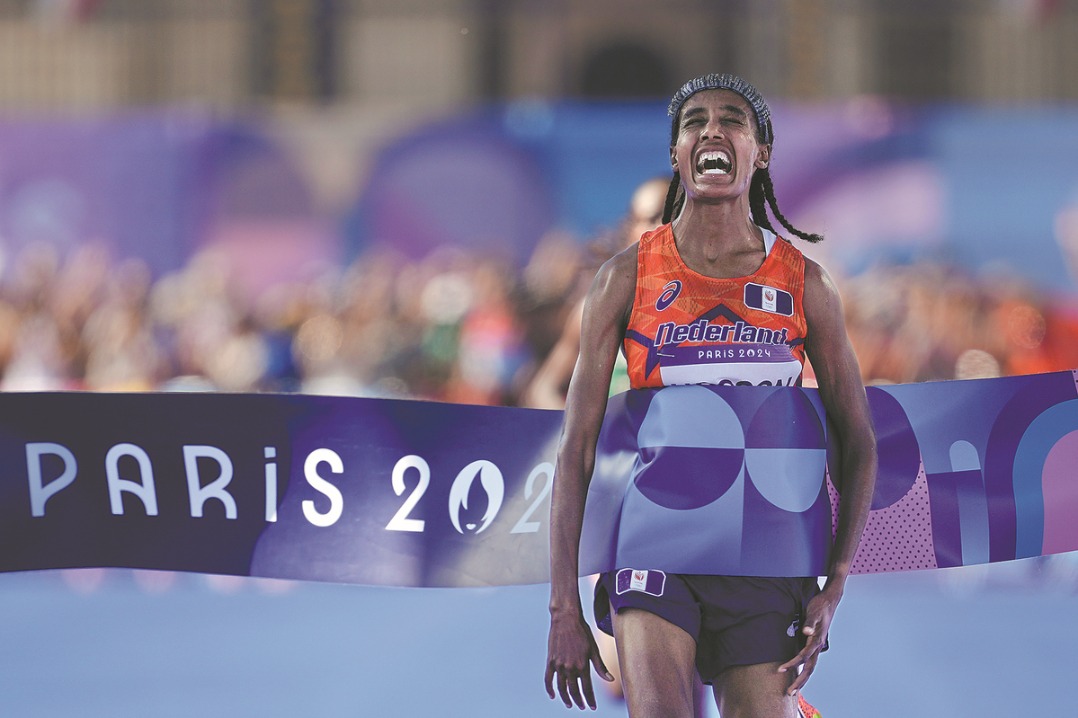




)
